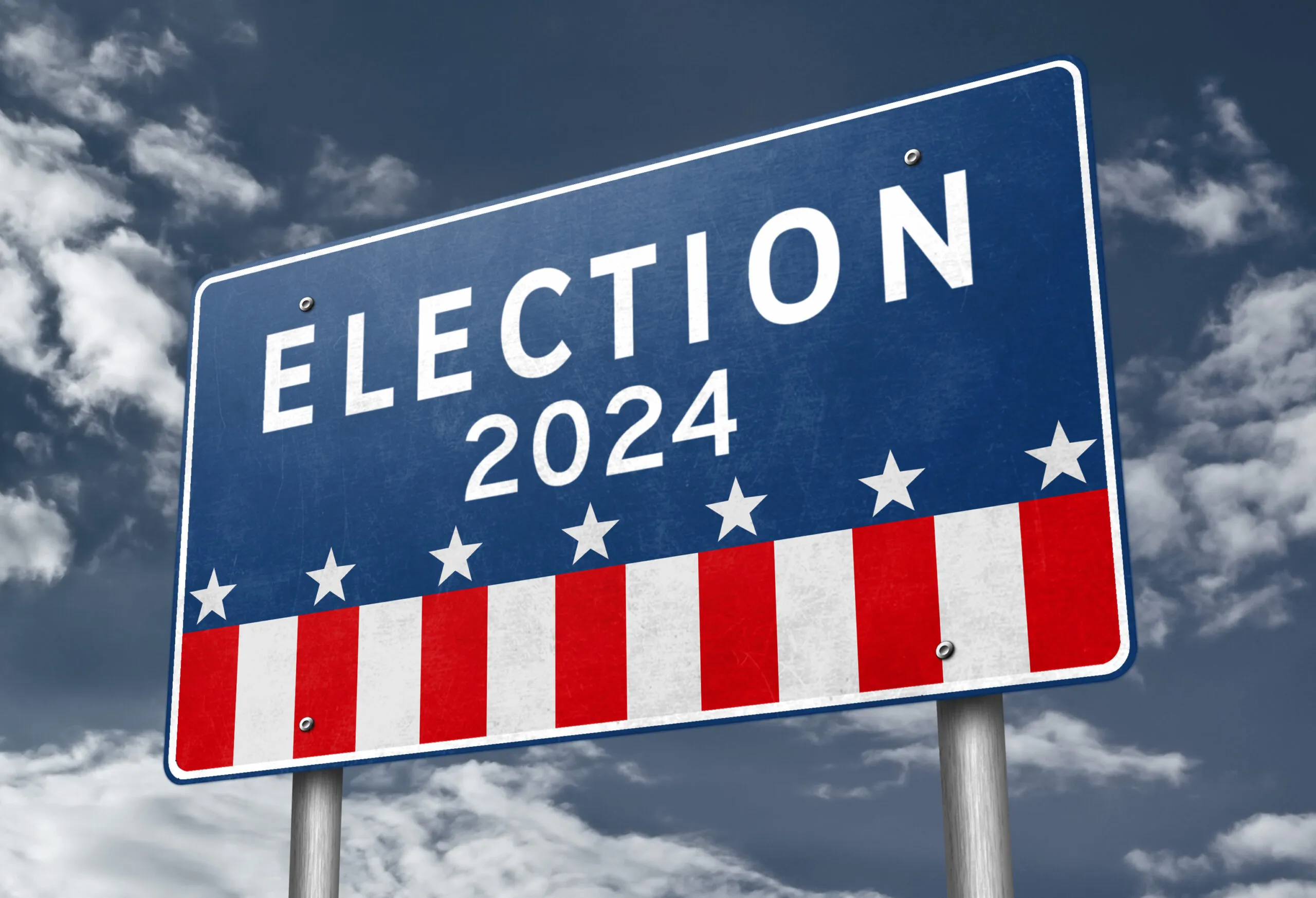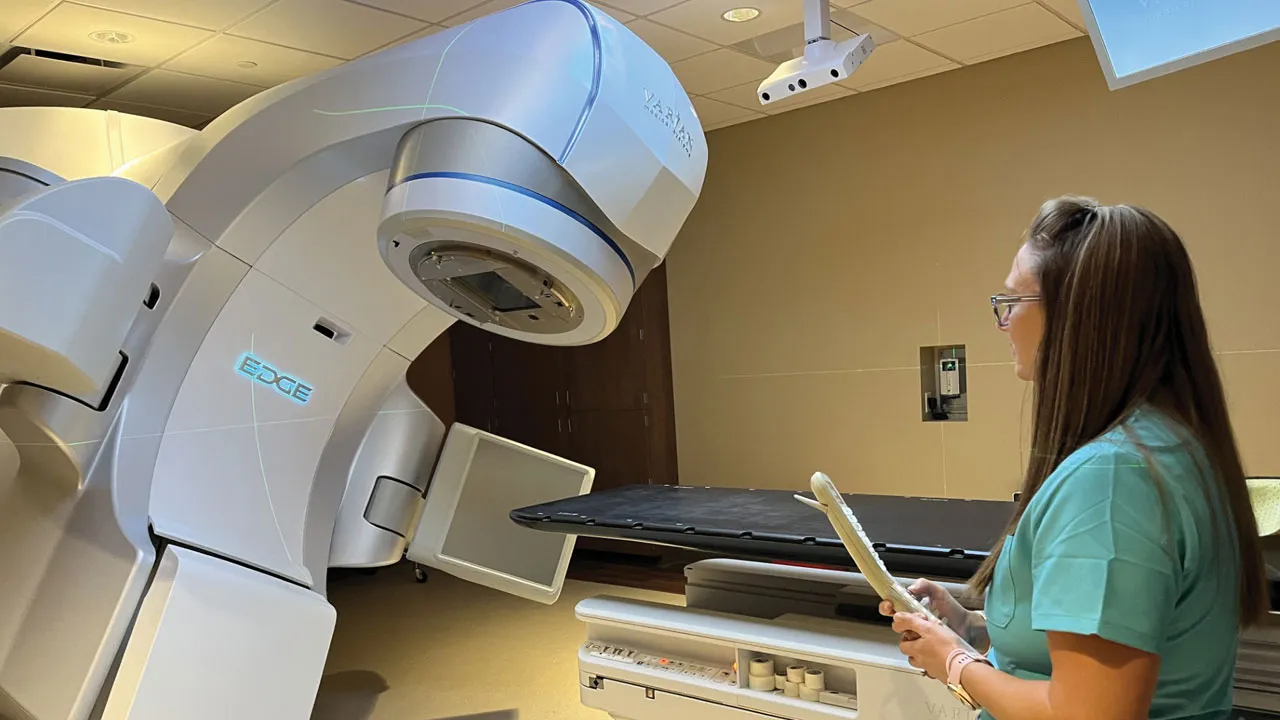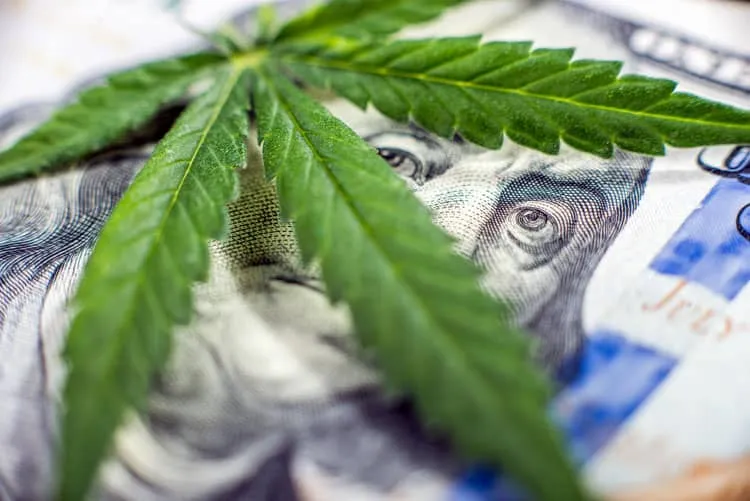Are magic mushrooms the next big business in Colorado?
Some observers say the passage of Colorado’s Prop 122 could put psychedelics on a similar trajectory to cannabis in the 2000s.

Believe it or not, kids, there was a time not very long ago when Coloradans didn’t buy their weed from fancy boutiques with names like Leaf, or Keef, or Tree.
There weren’t 129 varieties of gummies or tinctures or live-resin cartridges, and you usually didn’t even have a choice between indica, sativa or hybrid.
Less than two decades ago, even if you had an ailment that would later qualify you for a state medical marijuana card, you’d buy your weed in a Walgreens parking lot from your buddy’s cousin, a guy named Phil, perhaps, with ratty beard and Phish sticker on his Mazda.
SPONSORED CONTENT
Now, in 2022 — at a time where Gaia’s green bounty is available to Centennial Staters at the push of a button on a phone app or with a quick trip to Leaf — another plant-based psychotropic finds itself in quite a similar situation to cannabis’ around 2006.
With the passage of Colorado Proposition 122: Natural Medicine Health Act, better known as Prop 122, voters would decriminalize the possession and use of certain psychedelic plants and fungi, the most popular of which is psilocybin, better known as magic mushrooms or simply as shrooms.
Like Colorado’s initial cannabis-decriminalization and medical marijuana framework-development initiatives in the 2000s, Prop 122 wouldn’t immediately result in the opening of shroom shops on your block. The law merely decriminalizes certain psychedelic plants and allows people to consume them in a government-regulated setting under the supervision of trained facilitators.
But, once the door is cracked open, some observers see it as only a matter of time until shrooms, like weed, are big (and legal) business in Colorado.
“Cannabis was decriminalized here before it was legalized for adult use. Right now, for psilocybin, we’re decriminalized in Denver, and it would be a big move for sure if the state were to follow,” said Nick Richards, an attorney who leads the cannabis practice group at Greenspoon Marder LLP.
Should Prop 122 pass, and he believes it will, Richards said it would be natural for the psychedelic-plants industry to follow the path of cannabis toward outright legalization and retail sales.
“I don’t know where else it goes,” Richards told BizWest. “If it’s legalized and there can be production and sale of psilocybin, it’s got to happen somewhere. That’s going to be a business that — I would think — is going to look a lot like early cannabis companies. I think it follows the same trajectory.”
Even opponents of Prop 122 recognize those similarities in trajectory.
If it passes, the Natural Medicine Health Act “will put Colorado on the path toward the legalization and commercialization of psychedelics, just as we saw with marijuana,” Smart Approaches to Marijuana executive vice president Luke Niforatos told BizWest in an email. “Marijuana was initially sold to voters as a medicine, not as a recreational drug. But over time, the profit-driven medical marijuana industry partnered with national special interest groups to legalize and commercialize it for recreational purposes.”
Smart Approaches to Marijuana opposes Colorado’s normalization and commercialization of cannabis and, now, other drugs.
“It’s in the industry’s self-interest to grow the market and their pool of potential customers; they will continue bankrolling ballot measures until they are allowed to commercialize recreational psychedelic drugs. Should voters really believe that the industry will be content with settling for only the legalization of psychedelics for purported medical purposes?” Niforatos said. “My concern with legalization is that it normalizes the drug and subsequently increases its rates of use, while ushering in an industry that will be incentivized to pursue profits at the expense of their customers’ health. Once you give a looming industry like this an inch, they take a mile.”
Despite the similar paths they appear to be on toward legalization and commercialization, there are, of course, differences between cannabis and hallucinogenic plants.
During the early days of marijuana decriminalization and legalization, the cannabis industry was happy to highlight use of the drug as potentially beneficial for ailments such as cataracts or cancer-related eating problems. However, those emphases on the alleged healthful properties of marijuana were often done with a “wink and nod,” Richards said.
The proponents of psilocybin and other natural psychedelics such as DMT, ibogaine and mescaline seem much more serious about the potential positive results the drugs could have for sufferers of depression and post-traumatic stress disorder.
Citing research from Johns Hopkins University and federal agencies, pro-Prop 122 lobbying group Natural Medicine Colorado said, “Research shows natural medicine can be up to two times as effective as antidepressants — helping people struggling with anxiety, depression, trauma, and other challenging mental health issues.”
The U.S. Food and Drug Administration, according to NMC, “has designated psilocybin, a natural psychedelic medicine, a ‘breakthrough therapy’ for treating depression – meaning it may demonstrate substantial improvement over what’s currently available.”
Potential mental-health benefits “seem to be the leading reason” for the push in favor of decriminalizing and destigmatizing certain psychedelics, Richards said. “Whereas, it felt like medical [marijuana] was just a step toward adult use,” which is a term used for Colorado’s current legal framework in which anyone over the age of 21 can purchase and use cannabis.
If the movement in favor of psilocybin is truly about spiritual ceremony or healing trauma — and not simply a smokescreen used by those who simply want to legalize more plants that are fun to get high on — perhaps shrooms’ trajectory toward cannabis-style commercialization won’t be as sharp.
But assuming that Colorado eventually gets to a place where shrooms and the like are sold legally, there will be business people ready and waiting to cash in. That queue already appears to be forming.
While law firms can’t — or at least shouldn’t (looking at you, Saul Goodman!) — help their clients break the law, “we are maneuvering” to be in a position to advise future psychedelic-business operators, Richards said. “Seeing this wave coming, I went to my management to ask if we could represent a psilocybin client, and I was given the ability to do that. I want to help [businesses in new industry sectors] get started right so they don’t run into these problems [of tax law compliance] that the cannabis industry ran into.”
In addition to the potential commercial and health impacts of decriminalizing certain plant-based drugs, there’s also the legal and criminal component.
While arrest statistics for mushrooms certainly pale in comparison to those for other drugs such as opioids or crack cocaine, people do get busted and charged with serious crimes for selling and possessing them.
Rabbi Ben Gorelick, founder of Denver’s Sacred Tribe psychedelic synagogue, was arrested earlier this year and is facing felony charges for his use of mushrooms in religious ceremonies. When Kole Milner was arrested for selling shrooms in 2020, he was threatened by prosecutors with 20 years in prison and a $1 million fine. Ultimately, he avoided prison, but was slapped with three years of probation and a $5,500 fine.
Even some who oppose Prop 122 on the basis of normalizing or commercializing psychedelics appreciate the decriminalization aspects of the pro-mushroom movement.
“We favor decriminalization, meaning we don’t want to send users to jail, but we think use should always be discouraged in some form and access to treatment should be made available for those with addiction,” Niforatos said. “At the same time, we don’t want to legalize and commercialize the drugs, which would increase their rates of use and usher in profit-driven industries. Those who continue to misuse substances should be given a path to treatment, which is in the interest of the individual and their community.”
Believe it or not, kids, there was a time not very long ago when Coloradans didn’t buy their weed from fancy boutiques with names like Leaf, or Keef, or Tree.
There weren’t 129 varieties of gummies or tinctures or live-resin cartridges, and you usually didn’t even have a choice between indica, sativa or hybrid.
Less than two decades ago, even if you had an ailment that would later qualify you for a state medical marijuana card, you’d buy your weed in a Walgreens parking lot from your buddy’s cousin, a guy named Phil, perhaps, with ratty beard and Phish sticker on his…





